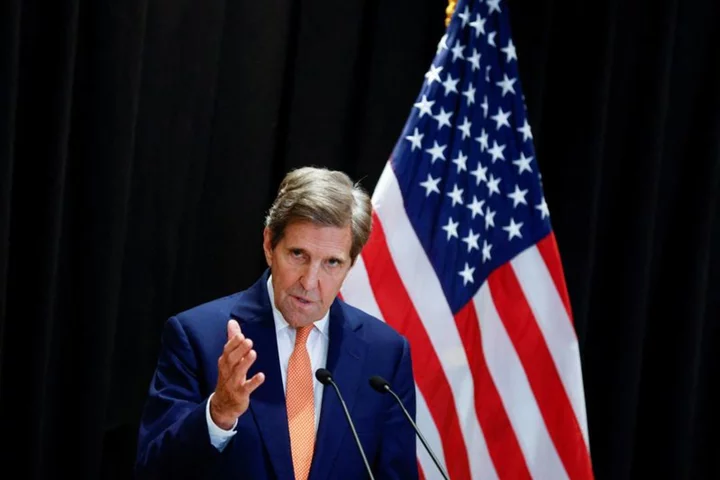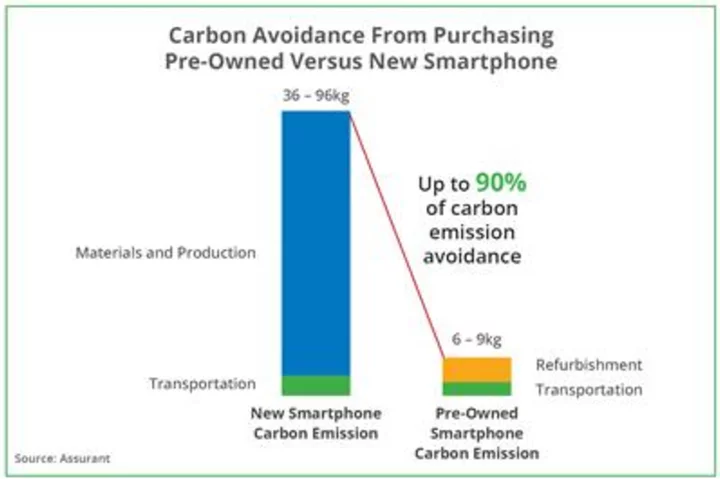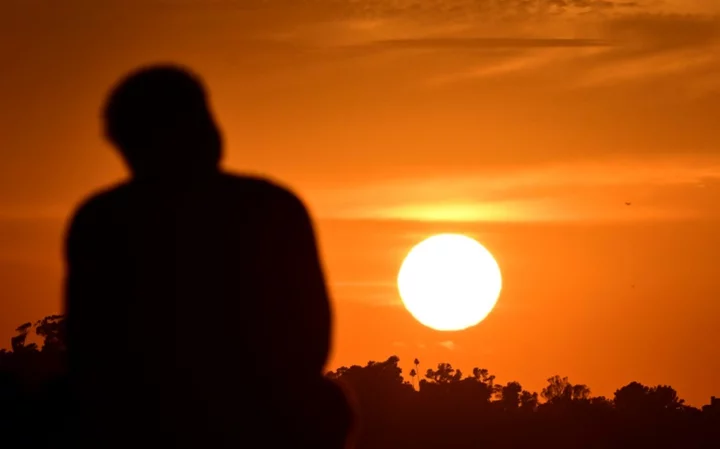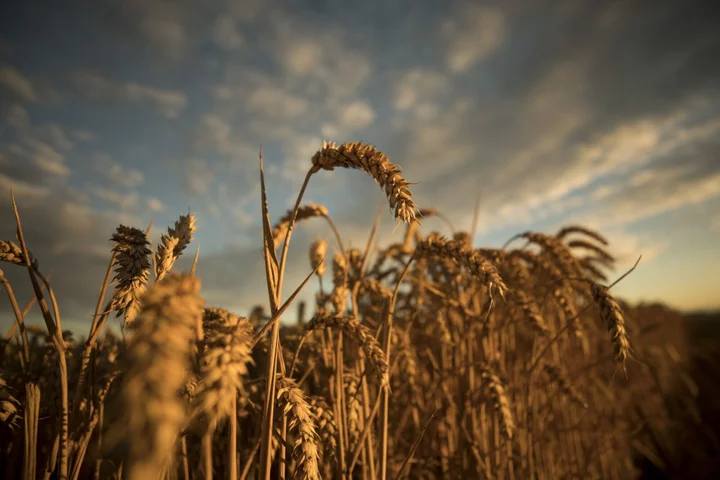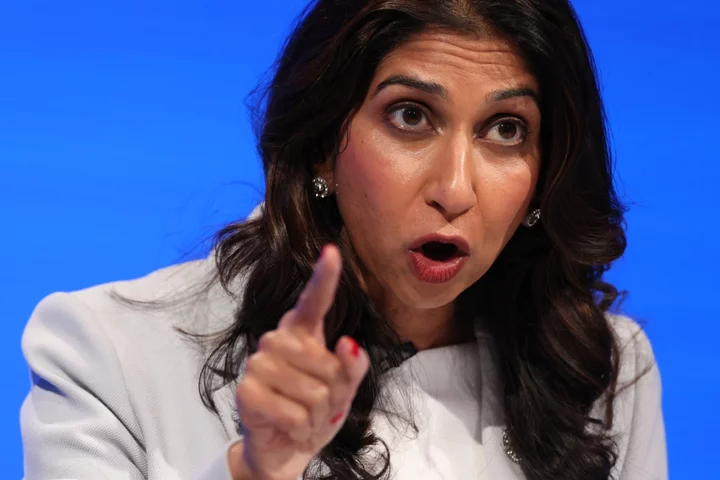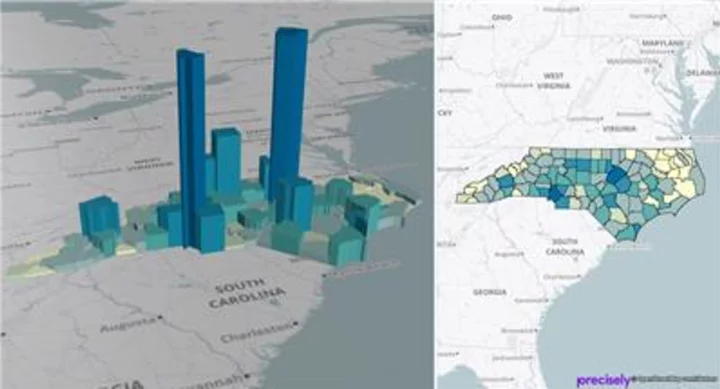By Valerie Volcovici and David Stanway
BEIJING (Reuters) -U.S. climate envoy John Kerry said more work was needed to iron out agreements with China on major issues after three days of talks in Beijing aimed at rebuilding trust between the world's two biggest greenhouse gas emitters.
"We - our team and the United States administration - came to Beijing in order to unstick what has been stuck since almost last August," Kerry told reporters late on Wednesday.
Climate talks were suspended last year following the visit of U.S. House of Representatives Speaker Nancy Pelosi to Taiwan, an island over which China claims sovereignty.
"This is our first in-person meeting since that time, and we're here to break new ground," Kerry told a briefing on Wednesday.
Kerry said more meetings would be held between the two countries in the run-up to crucial COP28 talks in Dubai at the end of the year.
Li Shuo, senior climate adviser with the environmental group Greenpeace in Beijing, said this week's talks were "a complex rescue operation for the U.S.-China climate dialogue" and said it could put relations on a "stronger footing".
"Further engagements should help unlock more ambition in reducing coal consumption, cutting methane emissions, and beating a path towards a stronger outcome at COP28," he said.
Kerry earlier told Chinese Vice-President Han Zheng that climate change was a "universal threat" that should be handled separately from broader diplomatic issues between China and the United States.
Kerry told China's vice president that limiting global warming to 1.5 degrees Celsius requires significant Chinese efforts to reduce carbon and non-carbon dioxide emissions, the U.S. State Department said after their meeting.
"He (Kerry) further stressed that limiting warming to 1.5 degrees Celsius requires significant efforts by the PRC to reduce CO2 and non CO2 emissions, such as methane, and to contribute to global efforts to eliminate illegal deforestation," the State Department said.
Acknowledging the diplomatic difficulties between the two sides in recent years, Kerry said climate should be treated as a "free-standing" challenge that requires the collective efforts of the world's largest economies to resolve.
"We have the ability to ... make a difference with respect to climate," he said at a meeting at Beijing's Great Hall of the People, China's sprawling parliament building.
"We are only following the best science," he told reporters. "There is no politics or ideology in what we are doing."
'POSITIVE SIGNAL'
Kerry arrived in Beijing on Sunday as heat waves scorched parts of Europe, Asia and the United States, underscoring the need for governments to take drastic action to reduce carbon emissions, which contribute to global warming and extreme weather events.
He has held meetings with China's top diplomat Wang Yi and Premier Li Qiang as well as veteran climate envoy Xie Zhenhua in a bid to rebuild trust between the two sides ahead of the COP28 climate talks in Dubai.
"If we can come together over these next months leading up to COP28, which will be the most important since Paris, we will have an opportunity to be able to make a profound difference on this issue," he told Han.
Han said the two countries had maintained close communication and dialogue on climate since Kerry's appointment as envoy, adding that a joint statement issued by the two sides has sent a "positive signal" to the world.
Kerry told reporters earlier that his talks with Chinese officials this week have been constructive but complicated, with the two sides still dealing with political "externalities", including Taiwan.
"We're just reconnecting," he said. "We're trying to re-establish the process we have worked on for years."
"We're trying to carve out a very clear path to the COP to be able to cooperate and work as we have wanted to with all the externalities," Kerry said.
"The mood is very, very positive," Kerry said ahead of Wednesday's meetings. "We had a terrific dinner last night. We had a lot of back and forth. It's really constructive."
"We're focused on the substance of what we can really work on and what we can make happen."
(Reporting by Valerie Volcovici; additional reporting by Kanishka Singh; Writing by David Stanway; Editing by Stephen Coates, Jonathan Oatis and Josie Kao)

